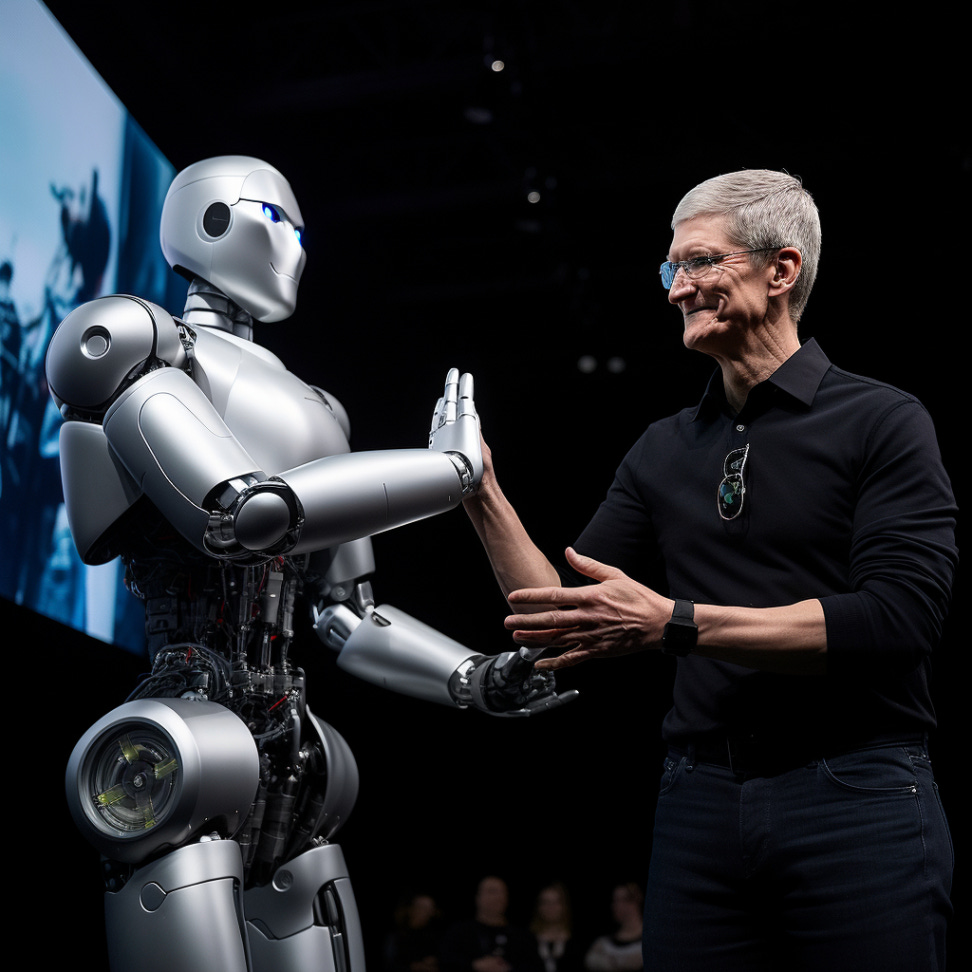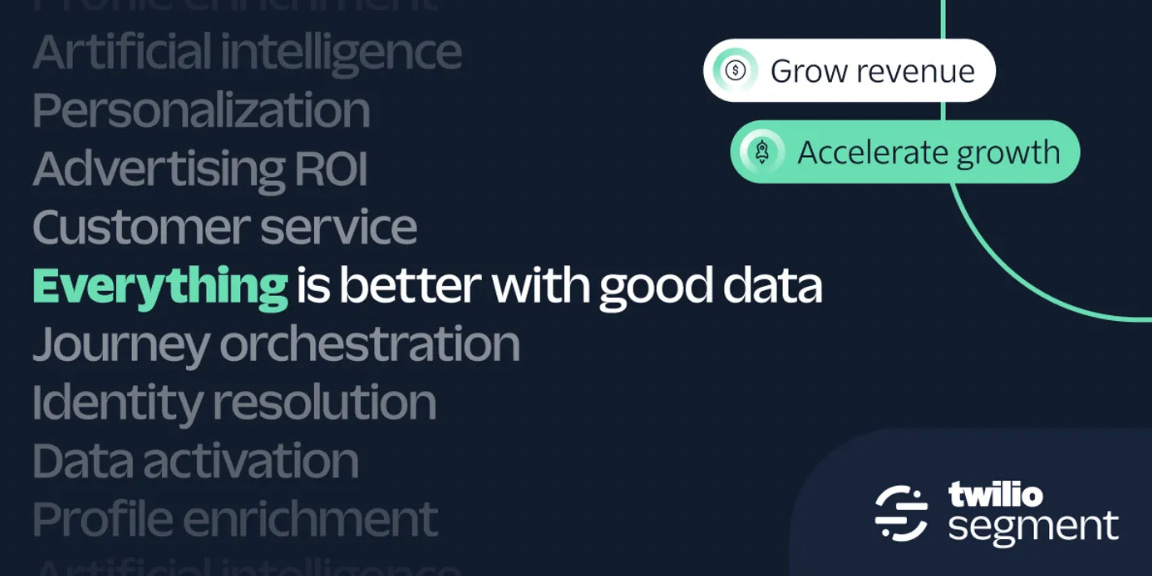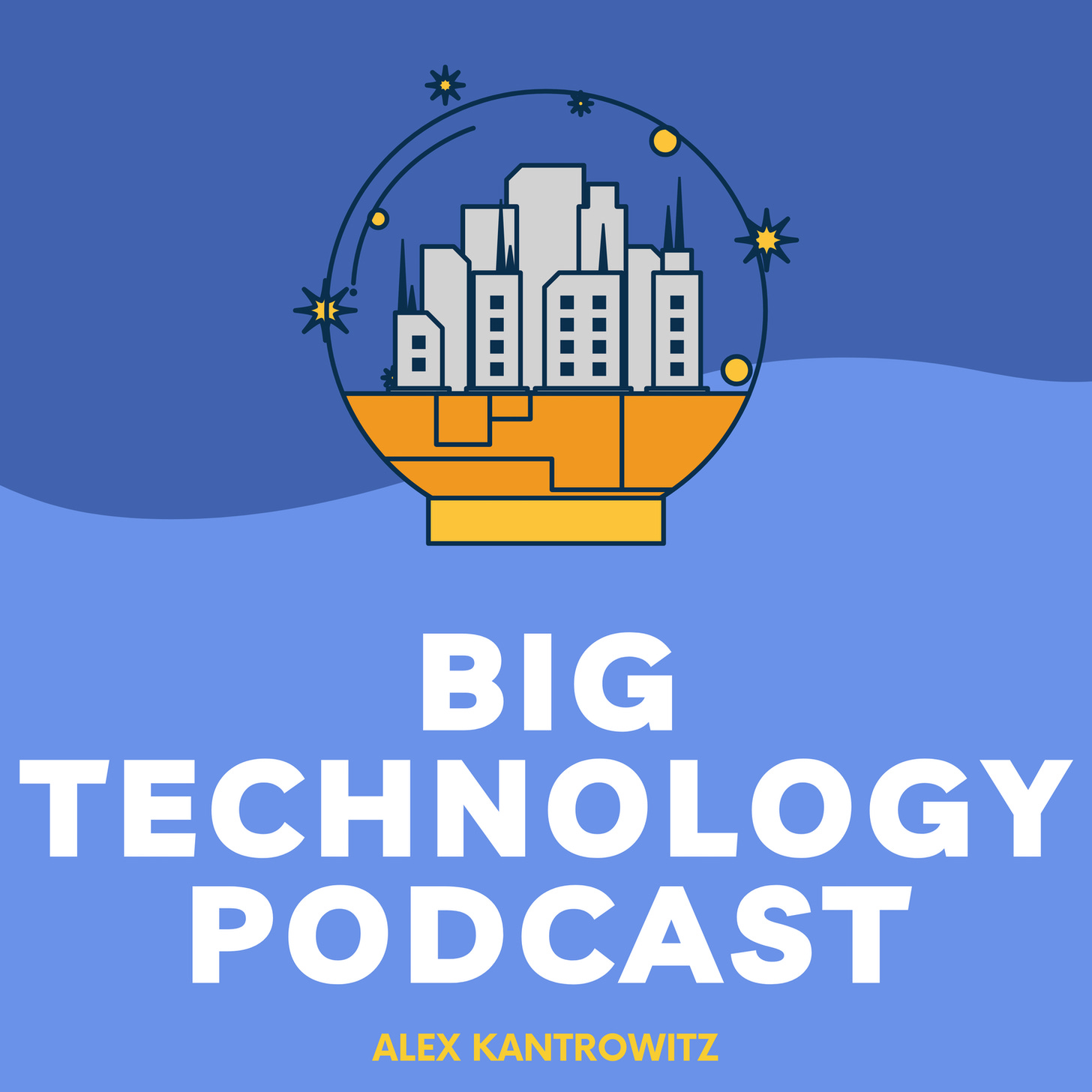|
Hundreds of Big Technology readers have joined our premium tier for exclusive content, access to our events, and to support independent tech journalism like today’s story. Try it for 20% off in year 1, or just $8 per month.
Tim Cook’s AI Moment
The true test of a great tech leader is guiding a company through a computing shift.
Shortly after 10 a.m. pacific time on Monday morning, Tim Cook will take the stage at Apple Park in Cupertino for a critical moment in his career. Cook’s lived through much in 12+ years at the helm of Apple — a staredown with the FBI, global political upheaval, several major product releases — but never anything like this. On Monday, he’ll begin to tackle his first major computing shift as CEO.
We still don’t know how long it will take artificial intelligence to change the way we interact with technology — it could take two years, it could take fifty — but we know it’s coming. And as humans and computers become comfortable relating in natural language, some aspects of our current user interfaces will become clunky, and eventually obsolete. Laugh all you want at the failures of the Rabbit R1 or the Humane Pin, but these early efforts to rethink how we relate with our devices were simply the first attempts to figure out what’s next. They won’t be the last.
More ‘AI devices’ will come, more will fail. But eventually something might work. That matters to the $3 trillion iPhone maker, which has driven the last major computing shifts and isn’t interested in missing this one. At Monday’s WWDC, Apple’s flagship developer conference, Cook is expected to make his first big AI announcements and chart a path ahead. And even if generative AI technology is in its infancy, the stakes are high.
“People want to see that Apple recognizes the opportunity, the importance of this moment, and that it wants to put itself in a position to be a player,” Ben Bajarin, CEO and principal analyst at market intelligence firm Creative Strategies, told me. People want to know “that they're taking this seriously,” he said.
For Cook, it will be a tricky balance to maintain. Rolling out a new technology that isn’t yet disrupting your flagship business while building something new and useful for your customers is hard. But if the massive computing shifts from desktop to mobile to cloud demonstrated anything, it’s that those who hang too tightly to the past’s fundamentals tend to be left behind. Microsoft, in the Steve Ballmer era, bear-hugged Windows all the way through a lost decade. When Satya Nadella took over, he prioritized cloud computing, even at the expense of Microsoft’s primary businesses, and eventually revitalized the company. Nadella’s cloud pivot put him in position to land OpenAI as a core strategic partner years later. Now, Microsoft is once again the world's most valuable company.
Already, reports indicate that Apple will be bold. Beyond simple features like AI upgrades to voice memos, the company is expected to embed AI into its operating system. It may eventually allow you, for instance, to use Siri to crop a picture and email it, or record a meeting and text it, according to Bloomberg. These changes will likely take some time to roll out, but they’d work on the interaction layer, a potential signal that nothing is too precious to change.
Apple is also expected to make another untraditional move, bringing in OpenAI to build alongside it. Apple doesn’t typically loop third parties into its development process, but it’s expected to build OpenAI’s technology into Siri to improve the beleaguered product. It apparently took some convincing within Apple to get everyone on board, but the company eventually rallied around the idea, and it’s ready to act. The sense of urgency is there.
Monday will be just the start. Apple is reportedly considering how its physical devices could evolve for the AI era. This includes potentially adding cameras to AirPods and even developing a home robot, per Bloomberg. After spending a week with the new Ray-Ban Metas — which let you listen to music, take pictures, and summon an AI bot in a pair of sunglasses — it seems like Apple’s interest here is warranted. These products will likely go mainstream.
Ultimately, all tech leaders are judged by their ability to take advantage of computing shifts. It’s why Steve Jobs is viewed as a legendary CEO after taking Apple from the desktop to mobile era with a device that outpaced rivals and never looked back. This is what makes Monday’s event so consequential. It’s why I’m excited to be heading there in person, to watch it all unfold. It’s Cook’s AI moment, and it promises to be a show.
What Else I’m Reading, Etc.
The executive leading Apple’s AI push [CNBC]
What happened when isolated tribes in the Amazon got Starlink internet [New York Times]
Microsoft’s AI ‘Recall’ function isn’t getting a warm reception [Windows Central]
Open letters won’t slow OpenAI [Axios]
Elon Musk’s Starship completed a successful return from space [New York Times]
Shane Smith is back as Vice editor in chief [WSJ]
A woman was declared dead and found alive in the funeral home [New York Times]
I joined the Compound and Friends podcast to talk NVIDIA, Apple, Amazon [Spotify]
What can good data do for you? - Twilio Segment (sponsor)
Segment helps 25,000+ companies turn customer data into tailored experiences. With customer profiles that update real-time, and best in class privacy features - Segment's Customer Data Platform allows you to make good data available to every team.
Advertise on Big Technology?
Reach 170,000+ plugged-in tech readers with your company’s latest campaign, product, or thought leadership. To learn more, write alex@bigtechnology.com or reply to this email.
Quote Of The Week
"The more you buy, the more you save… That's called CEO math. It's not accurate, but it is correct."
NVIDIA CEO Jensen Huang at this week’s Computex conference in Taiwan
Number of The Week
$3 trillion
NVIDIA surpassed $3 trillion in market cap on Wednesday, passing Apple to become the world’s second most valuable publicly traded company. It trails only Microsoft.
Can The News Industry Survive The AI Era? — With Ben Smith, Nayeema Raza, and Joe Marchese
Ben Smith and Nayeema Raza host Mixed Signals, a new media podcast from Semafor. And Joe Marchese is the general & build partner at Human Ventures. The three join Big Technology Podcast for a VC + Journalist conversation on whether the news industry can survive its dealings with generative AI tech providers, like OpenAI, after several publications inked multi-million dollar content deals. Tune in for a conversation that explores whether the news industry is setting itself up for a repeat of past mistakes made with Facebook and Google. We also cover whether the news industry can harness AI, what the value of news is to AI companies, and whether AI can be taught to emulate media brands and pay a licensing fee. Plus much more. Tune in for a lively conversation about a core issues facing the AI field today.
You can listen on Apple, Spotify, or wherever you get your podcasts.
Thanks again for reading. Please share Big Technology if you like it!
And hit that Like Button if you want a bunch more updates from next week’s WWDC
My book Always Day One digs into the tech giants’ inner workings, focusing on automation and culture. I’d be thrilled if you’d give it a read. You can find it here.
Questions? News tips? Email me by responding to this email, or by writing alex@bigtechnology.com Or find me on Signal at 516-695-8680
Thank you for reading Big Technology! Paid subscribers get our weekly column, breaking news insights from a panel of experts, monthly stories from Amazon vet Kristi Coulter, and plenty more. Please consider signing up here.



